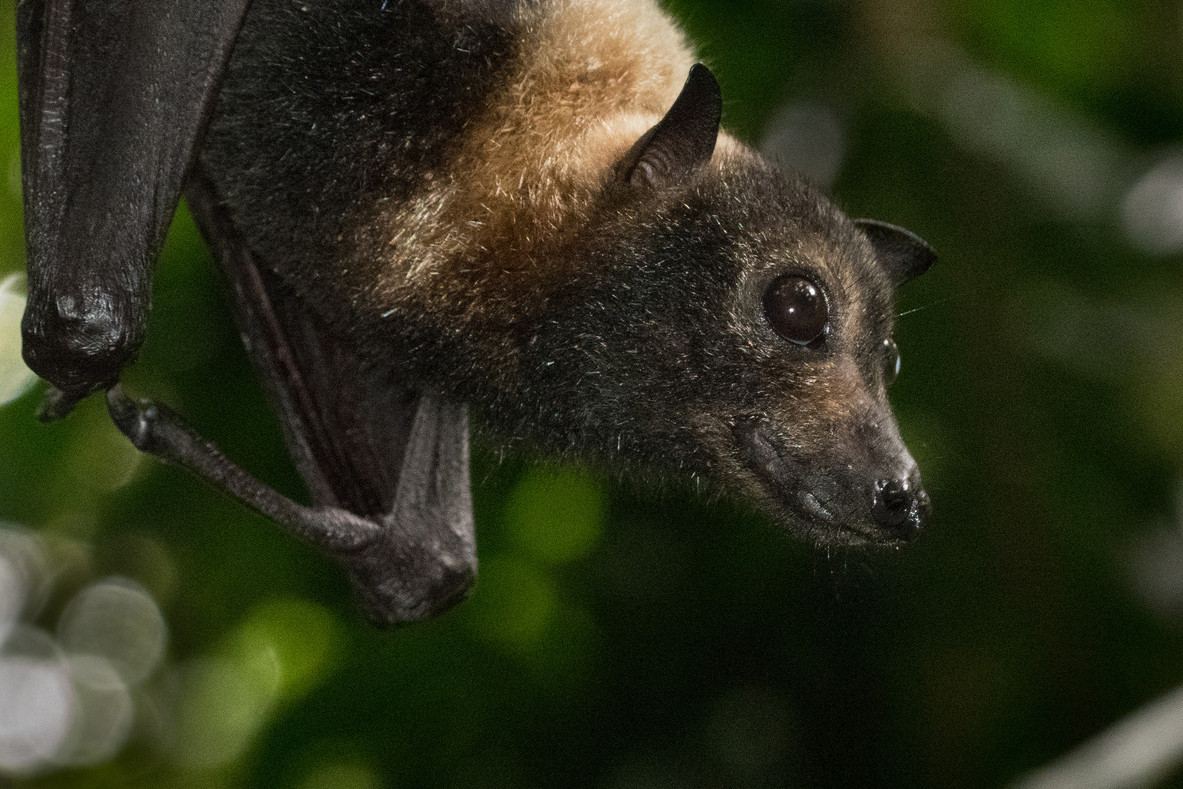Community & Business
25 April, 2025
Call for Cape York to go batty for flying-foxes
A SEARCH is on for endangered Spectacled Flying-foxes on Cape York. Cape York Natural Resource Management is calling on the Cape community and members of the public to report any sightings as part of a project to raise awareness about the endangered species, and where it lives and feeds across the region.

Cape York NRM project officer Maree Coulson leads the project.
“We need to know more about their presence on Cape York and we need the community’s help with this,” she said.
“This project aligns with the federal recovery plan for the species (Pteropus conspicillatus).
“We need to build on existing knowledge of their range and presence, raise awareness in the community and also implement actions to support the overall protection of Spectacled Flying-foxes.
“There is limited information known about their presence on Cape York, so the information we’re looking for from the community is the time, place and number of bats seen – photographs are also great.
“Spectacled Flying-foxes are considered a rainforest specialist among the Australian flying-foxes; they play an important role in seed dispersal and rainforest regeneration.
“They also forage in eucalypt, melaleuca and mangrove forests.
“Whether you’re a land manager, Traditional Owner, scientist, bird watcher or tourist, we’re asking anyone who sees a specky on the Cape to let us know.”
Ms Coulson and her team met with Tolga Bat Rescue and Research director Jenny Mclean last month as part of their engagement with local experts to support the project.
The group’s hospital in Atherton has cared for more than 300 bats this wet season.
“It was great to meet Jenny, who took us on a tour of the hospital,” Ms Coulson said.
“During the wet season, the bat hospital cares mostly for Spectacled Flying-foxes impacted by ticks.
“Many of those are orphaned pups, so the Tolga Bat Hospital provides individual care for them.
“A team of live-in volunteers is vital to their success and Jenny and her team are doing a fantastic job caring for them.”
Ms Mclean said they had been managing and monitoring tick paralysis and birth abnormalities in Spectacled Flying-fox camps for nearly 30 years.
“Most Australian wildlife have lived with tick paralysis for a very long time and have good immunity but it seems flying-foxes have only been affected for about 40 years,” she said.
“It’s an agonising death for them [and] tick season unfortunately is also birthing season.
“Tick paralysis is a rapidly progressive disease caused by a toxin in the tick’s saliva that attacks the nervous system – most cannot be treated successfully and need to be euthanised.”
Any sightings of Spectacled Flying-foxes on the Cape can be submitted to the Cape York NRM website at https://capeyorknrm.com.au/campaigns/spectacled-flying-fox-sightings


